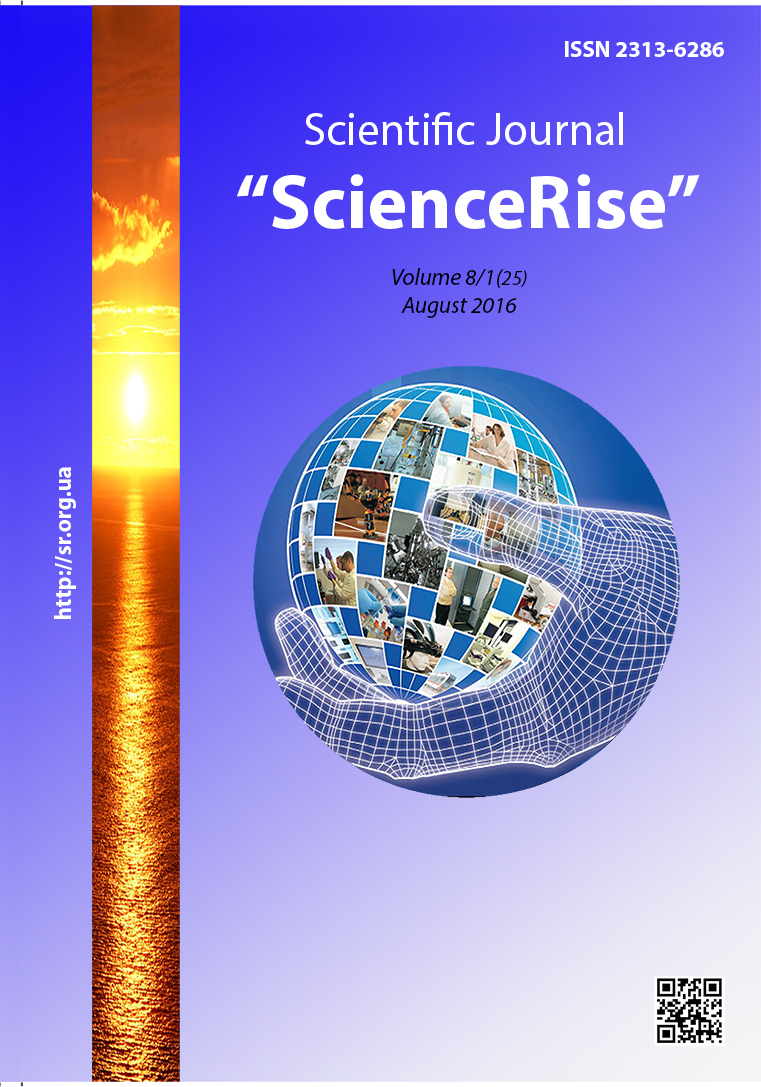Виза на небеса: Орфей, Пифагор и бессмертие
DOI:
https://doi.org/10.15587/2313-8416.2016.75516Słowa kluczowe:
душа, бессмертие, метемпсихоз, божественность, Орфей, Пифагор, припоминание, вечность, число, философияAbstrakt
В статье рассмотрены учения Орфея и Пифагора о бессмертии души в контексте зарождения философской мысли в Древней Греции. Орфей продемонстрировал близость небесного (божественного) и земного (человеческого) миров, а Пифагор математически доказал их принципиальное тождество. Греческая философия была «инвестицией в загробное будущее», оказавшись продуктом мистической (Орфей) и рационалистической (Пифагор) теологии
Bibliografia
Halapsis, A. (2016). Miracles and the perfection of being: The theological roots of scientific concepts. Anthropological Measurements of Philosophical Research, 9, 70–77. doi: 10.15802/ampr2016/72235
Plato. (1997). Complete works. Indianapolis, IN; Cambridge, MA: Hackett Publishing Company, 1838.
Bernabé, A., Jiménez San Cristóbal, A. I. (2008). Instructions for the netherworld: The Orphic gold tablets. Leiden; Boston, MA: Brill, 379.
Graf, F., Johnston, S. I. (2007). Ritual texts for the afterlife: Orpheus and the Bacchic gold tablets. London: Routledge, 256.
Betegh, G. (2006). The Derveni papyrus: Cosmology, theology and interpretation. New York, NY: Cambridge University Press, 441.
Kouremenos, T., Parássoglou, G. M., Tsantsanoglou, K. (2006). The Derveni papyrus. Firenze: Leo S. Olschki, 307.
Laks, A., Most, G. W. (1997). Studies on the Derveni papyrus. Oxford: C1arendon Press, 204.
Iamblichus. (1818). The life of Pythagoras, or Pyphagoric life. London: J. M. Watkins, 252.
Diogenes Laertius. (1925). Lives of eminent philosophers. Vol. II. London; New York, NY: William Heinemann; G. P. Putnam’s sons, 704.
McKirahan, R. D. (2010). Philosophy before Socrates: An introduction with texts and commentary. Indianapolis, IN; Cambridge, MA: Hackett Publishing Company, 494.
Halapsis, A. (2016). Number and reality: Sources of scientific knowledge. ScienceRise, 6/1 (23), 59–64. doi: 10.15587/2313-8416.2016.71546
Homer. (1945). Odyssey. Vol. I: Books 1-12. Cambridge, MA: Harvard University Press, 465.
Herodotus. (1928). The Persian wars. Vol. II: Books 3-4. London; New York, NY: William Heinemann; G. P. Putnam’s sons, 416.
Strabo. (1994). Geografiya [Geography]. Moscow: Ladomir, 943.
Eliade, M. (1986). Zalmoxis, the vanishing God: Comparative studies in the religions and folklore of Dacia and Eastern Europe. Chicago, IL: University of Chicago Press, 260.
Diogenes Laertius. (1959). Lives of eminent philosophers. Vol. I. Cambridge, MA: Harvard University Press, 549.
Russell, B. (1947). History of Western philosophy. London: George Allen and Unwin, 916.
Descartes, R. (2005). The philosophical writings of Descartes. Vol. II. New York, NY: Cambridge University Press, 428.
##submission.downloads##
Opublikowane
Numer
Dział
Licencja
Copyright (c) 2016 Алексей Владиславович Халапсис

Utwór dostępny jest na licencji Creative Commons Uznanie autorstwa 4.0 Międzynarodowe.
Our journal abides by the Creative Commons CC BY copyright rights and permissions for open access journals.
Authors, who are published in this journal, agree to the following conditions:
1. The authors reserve the right to authorship of the work and pass the first publication right of this work to the journal under the terms of a Creative Commons CC BY, which allows others to freely distribute the published research with the obligatory reference to the authors of the original work and the first publication of the work in this journal.
2. The authors have the right to conclude separate supplement agreements that relate to non-exclusive work distribution in the form in which it has been published by the journal (for example, to upload the work to the online storage of the journal or publish it as part of a monograph), provided that the reference to the first publication of the work in this journal is included.

